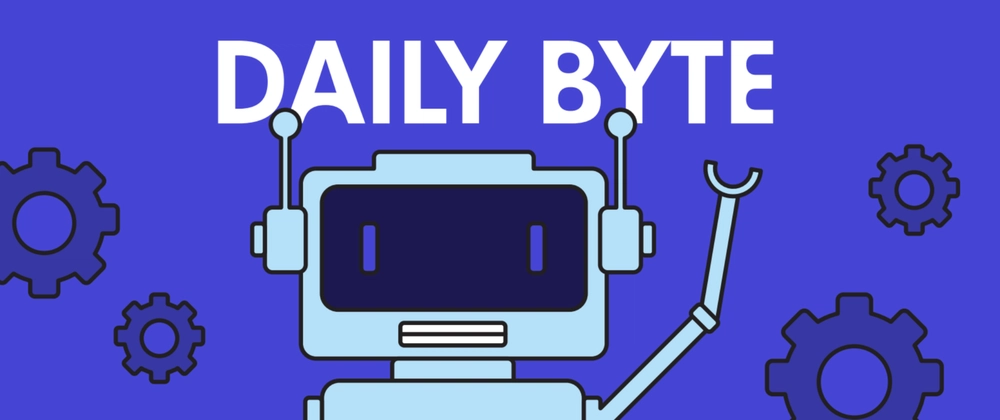
Technical skills are important, but what non-technical skills do you value most in a software engineer? Share your insights!
Follow the DEVteam fo...
For further actions, you may consider blocking this person and/or reporting abuse


For a software engineer, key non-technical skills include clear communication, effective teamwork, adaptability to changes, and strong problem-solving ability. These skills are essential for success in the software engineering field.
I agree with all the comments here. Communication, empathy, keep learning new things or refreshing old ones, etc.
I want to add a new one that was very important in my professional life. Being open-minded to what other people think is key to evolving as a professional. The way you code your solution to a problem is different from other colleagues and this is good because all of you can mix your solutions to get a better one.
As an example, the day I showcased my first proposal of architecture I believed it was the best for the customer was very disappointed. I was expecting congratulations that never came. The answer from the customer was changes based on personal opinions. The moment I realized that no architecture or solution fits completely a problem and that collaborating together will make things better, I started thinking positively making me a better professional.
Hope this can help someone.
I think understanding yourself and knowing which is the best way to learn for you is invaluable in our area.
Also having good soft skills, communication, professional insight, emotional responsibility is important, there is a book called "Soft Skills: The Software developer life manual" which I found really good to get away of anxiety and stress during my first days as a developer.
Some very good answers here. A few additional thoughts:
Juniors:
Seniors:
I think these 3 are enough, At least this is what I've practiced myself and observed new me.
Other than this, I've briefly mentioned in this article of what startup founders look for in their employees irrespective of the team they work in.
I really like product marketing, it is so valuable to be able to think past your code
Creativity, good teamwork/communication, professionality.
Empathy.
Anyone can have a bad day. Showing empathy you listen and acknowledge their feelings and perhaps also oder Support.
Empathy also allows to understand your client or the end user of your product.
I think there are three key skills that help software engineers at any level and at any point in their careers and the sooner you can learn them them the better. In no particular order
N.B. these three things are all deeply interconnected too. I'm going to try to write more about my thought in this regard. But, I'm time limited right now.
I don’t look for a lot of skills and traits from developers. If you expect a lot, you will be just disappointed. Keep in mind that the leader or manager is expected to bring out the best in them.
There are people who don’t communicate enough verbally but are very good in technical skills. You have to value them since we do not really expect developers to be top-notch salespeople-level communicators. It is the job of the leader/manager to ensure that communication is smooth and not a barrier for getting things done.
So here are my top 3 non-technical skills that I value.
Be open too more research, and trainings taking up tutorials that will bring you insight into the development methods of improving as humans,just give time for learning unlimitedly.
I think that one of the most value non-tech skills is communication.
Good communication skills enable you to create better software. Writing code is not the only thing you need to do. You also need to converse with people with different roles, lives, and working styles.
For a non english native, a good conversational english level
believe me, lot of doors will be closed if you don't have a good level
Communication.
Whether it’s written or verbal, knowing how to communicate well pays dividends for your career.
Being able to write documentation or just being able to write down your ideas coherently enough to be understood by its audience.
I would add to this being able to read documentation well. And to flip the second part of your answer around too knowing how your audience speaks is important too.
For example I'm a primarily front end dev right now and I've spent time learning a bit about the design process. How designers think about things when they design, what their mental frameworks are, etc. This helps me 'speak the language' when I'm communicating with our designers.
Distance from their code. Just because I wrote the code does not make it better code, but I just happen to under my style better then yours
In software engineers, value communication, problem-solving, teamwork, adaptability, and creativity—essential non-tech skills for holistic project success and collaboration.
These ones make anyone light years away ahead:
Admit your own mistake if you find that your technical solution may not be reliable under all circumstances. This is especially true in industry.
Creativity and knowing when to put ego aside